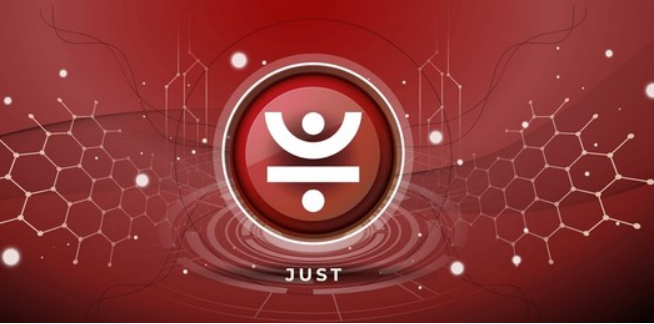
Decentralized finance (DeFi) has become an important field of blockchain technology application, and JST token, as a core component of the Just platform, plays an indispensable role in this field. This article will explore the specific application of JST tokens in DeFi and its future potential.
1. Decentralized financial applications of JST tokens
One of the main application scenarios of JST tokens is the governance of the Just platform. As a decentralized lending platform, Just allows users to lend the stablecoin USDJ using TRX as collateral, while the JST token is the key to platform governance. Users can use JST tokens to participate in voting and decide on key decisions of the platform, such as interest rate adjustments, collateral parameter settings, etc.
2. Technical advantages of JST tokens
Based on the TRON blockchain: JST tokens take advantage of the high energy efficiency of the TRON blockchain, which makes transactions faster, lower handling fees, and provides users with a better experience.
Smart contract support: JST tokens implement decentralized governance through smart contracts, which means that all decisions are transparent and credible, and no centralized organization can unilaterally change the rules.
High scalability: The high scalability of the TRON blockchain provides JST tokens with greater room for development and can support more application scenarios and transaction needs in the future.
3. Analysis of the potential of JST tokens
With the rapid growth of decentralized finance, the demand for JST tokens in the market is also increasing. The following are several potential directions for JST tokens:
Demand for governance participation: As more users participate in the governance of the Just platform, the demand for JST tokens will continue to grow. This is not only due to the need for governance voting, but also because users holding JST tokens can have an impact on the future development direction of the platform.
Demand for payment of handling fees: As transaction activity on the Just platform increases, users' demand for payment of handling fees will also increase, which will further promote the market demand for JST tokens.
Increased market awareness: As the TRON ecosystem continues to grow, market awareness of the JST token will continue to increase, which will help attract more investors and users.
4. Risks and challenges of JST tokens
Although the JST token has great potential for development, there are also some potential risks and challenges that investors need to consider when considering:
Market competition: The DeFi market is highly competitive, with many other platforms and tokens, and the JST token needs to continue to innovate to maintain its competitiveness.
Policy supervision: Policy supervision in the field of decentralized finance is still unclear, and there may be regulatory measures that affect the development of JST tokens in the future.
Technical risks: Although the TRON blockchain is known for its efficiency, any blockchain technology faces potential technical risks, such as smart contract vulnerabilities, network attacks, etc.
Conclusion
The role and potential of JST tokens in the field of decentralized finance cannot be underestimated. With the continued development of the Just platform and the support of the TRON ecosystem, the JST token is expected to have a greater influence in the future DeFi market. However, investors should also fully understand the relevant risks and make prudent decisions when participating.